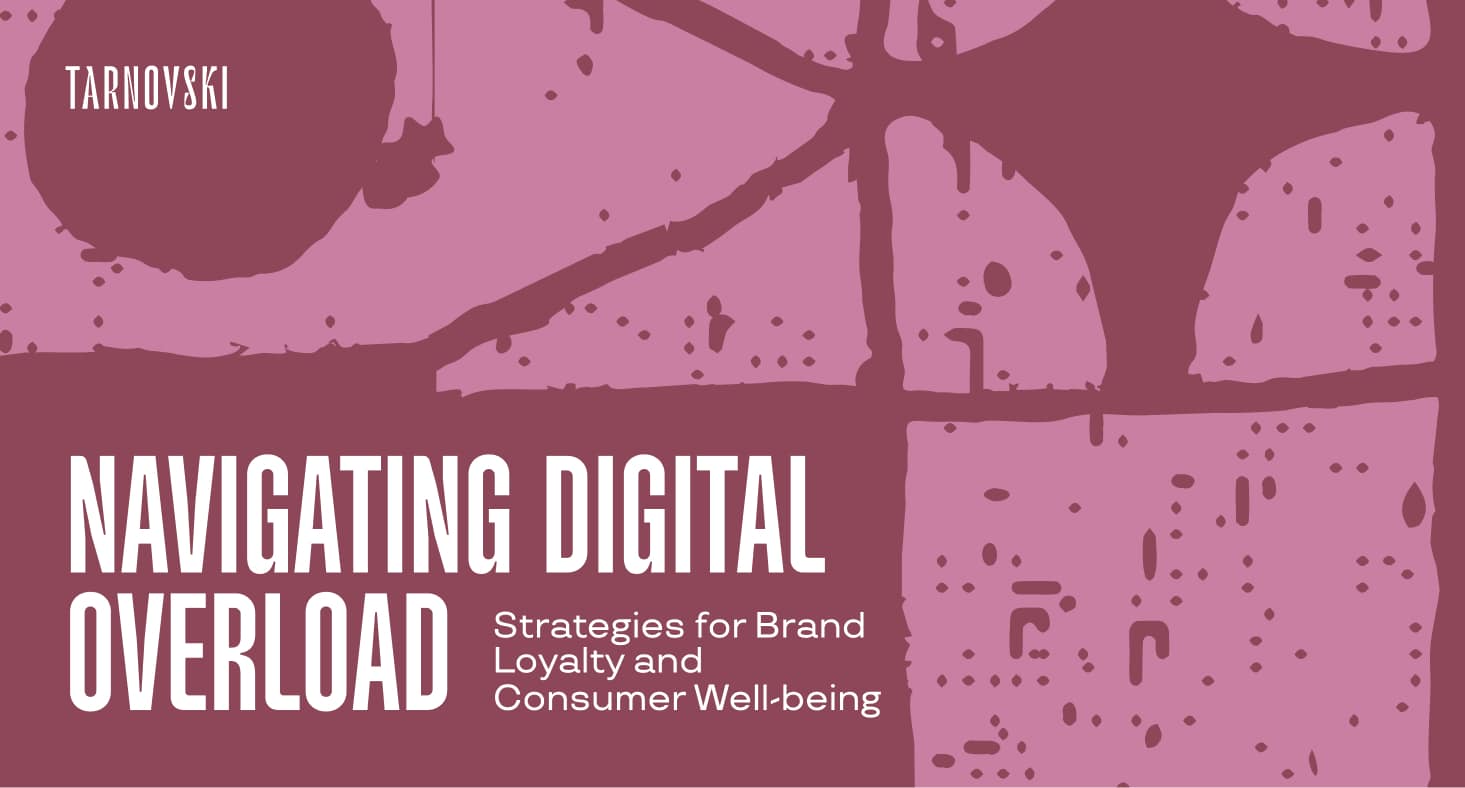Status Quo
In 2018, the overwhelming volume of alerts, notifications, and messages from brands reached a new peak, highlighting the potentially negative impact of digital technologies on our mental health, with children being particularly vulnerable. This digital saturation has sparked a growing desire to reconnect with the real world and prioritise what truly matters, amidst the noise of digital dependence.
Interestingly, Generation Z—digital natives who've grown up with smartphones—are voicing their discontent, expressing a desire to dial back on social media engagement.
What's happening?
Leading technology giants, including Google, Microsoft, and Apple, are initiating a shift in this paradigm. Google, with its mindfulness and emotional intelligence program 'Syili,' is at the forefront, promoting mental well-being. Meanwhile, Microsoft and Apple are introducing tools to curb screen time, aiming for a distraction-free digital environment. Furthermore, startups like The Light Phone are pioneering the digital detox movement, encouraging minimal smartphone use.
What's next?
The future beckons a shift from attention-seeking brands to those who build meaningful connections based on trust and loyalty. Insight-driven products that cater to real, global needs—unmet by competitors—are the new gold standard. It’s no longer about how long consumers spend with a product, but how the interaction enriches their lives.
Our recommendations:
Clarity and Transparency
Ensure your message is not only relevant but also resonates with your audience in both content and presentation.
Simplicity is Key
Consumers gravitate towards brands that demand less of their attention while providing a seamless and enjoyable experience.
Silent Engagement
If overlooked, refrain from bombarding users with repeated attempts to capture their attention. Instead, reassess your engagement strategy to better meet their needs.



